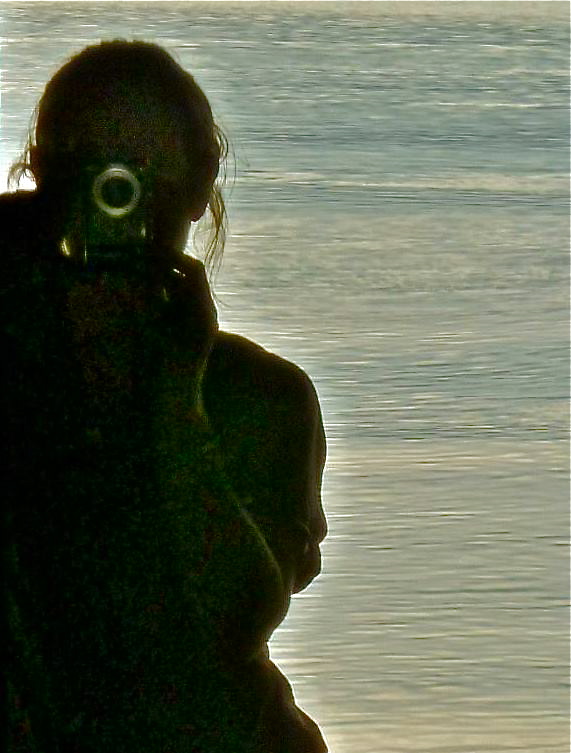They are not drowning, they are fighting
The port of Newcastle in New South Wales handles thousands of coal bulk carriers every year. Two weeks ago the harbour witnessed an unusual event, when Pacific Island 'climate change warriors' launched their traditional wooden canoes – specially made and hand-carved for the occasion – and, joined by locals, paddled into the path of the coal carriers to draw attention to the plight of Pacific Island states for whom climate change is very much a reality.
They came from nations whose island homes are being inundated by rising, rougher seas; whose rainwater drinking supplies are less reliable; whose breadfruit trees are withering in increasingly salty or drought conditions. From Fiji, Vanuatu, the Marshall Islands, Tokelau, Papua New Guinea and the Solomon Islands; countries whose citizens may be the world's first climate change refugees. Many of the Islands are coral reefs or atolls, sand ridges, or mangrove-covered sedimentary deposits.
Two weeks of action were organised by 350.org: the Islands' own group and 350.org Australia. Following the Newcastle flotilla, the Islanders visited other parts of the country, and I went to meet them and hear their stories at the Brisbane meeting in West End last week: Arianne from PNG; Kaio from Tuvalu, and Rose from Saibai in the Torres Straight. Kaio retained his sense of humour despite what must seem like a bleak future. The Islanders feel forgotten. They have received some foreign aid, but not enough to construct the extensive sea walls they believe are necessary and additional rainwater storage systems. What is Australia doing? Apart from trying to raise its position in the league of largest global coal exporters, in which it currently lies fourth.
The Islanders would like Australia to reconsider its commitment to coal. They have lobbied for 20 years for international political action to put the brakes on carbon emissions, but they represent not many people living on tiny dots of land far away in a vast ocean. This visit was to further raise awareness of their plight; they want to keep their islands above water.

This photograph, taken by Mike Bowers and published in The Guardian, illustrates the scale of the problem. (There was very little coverage of the Newcastle flotilla in the Australian mainstream media, needless to say.) It is both terrifying and poignant. It makes me feel the same as I did when Kaio told us Newcastle was the coldest place the islanders had ever been; that they had never seen hail stones before; and how, since three palm trees constitute a forest back home, the destruction of trees at Maules Creek* had deeply saddened them.
You won't be surprised to learn that the Pacific Island climate change warriors were not able to meet with Tony Abbott. And meanwhile two weeks passed in which economists continued to doubt the economic viability of the Galilee Basin, the location of Australia's next coal fest; the Queensland Government pressed on with its legislative changes to thwart landowners and environmental protectors; and Premier Campbell Newman stressed the urgency of progressing the proposed mega-mines in his State of the State address to the Committee for Economic Development of Australia (CEDA) in Brisbane.
* Where Whitehaven Coal project threatens the Leard State Forest in New South Wales



